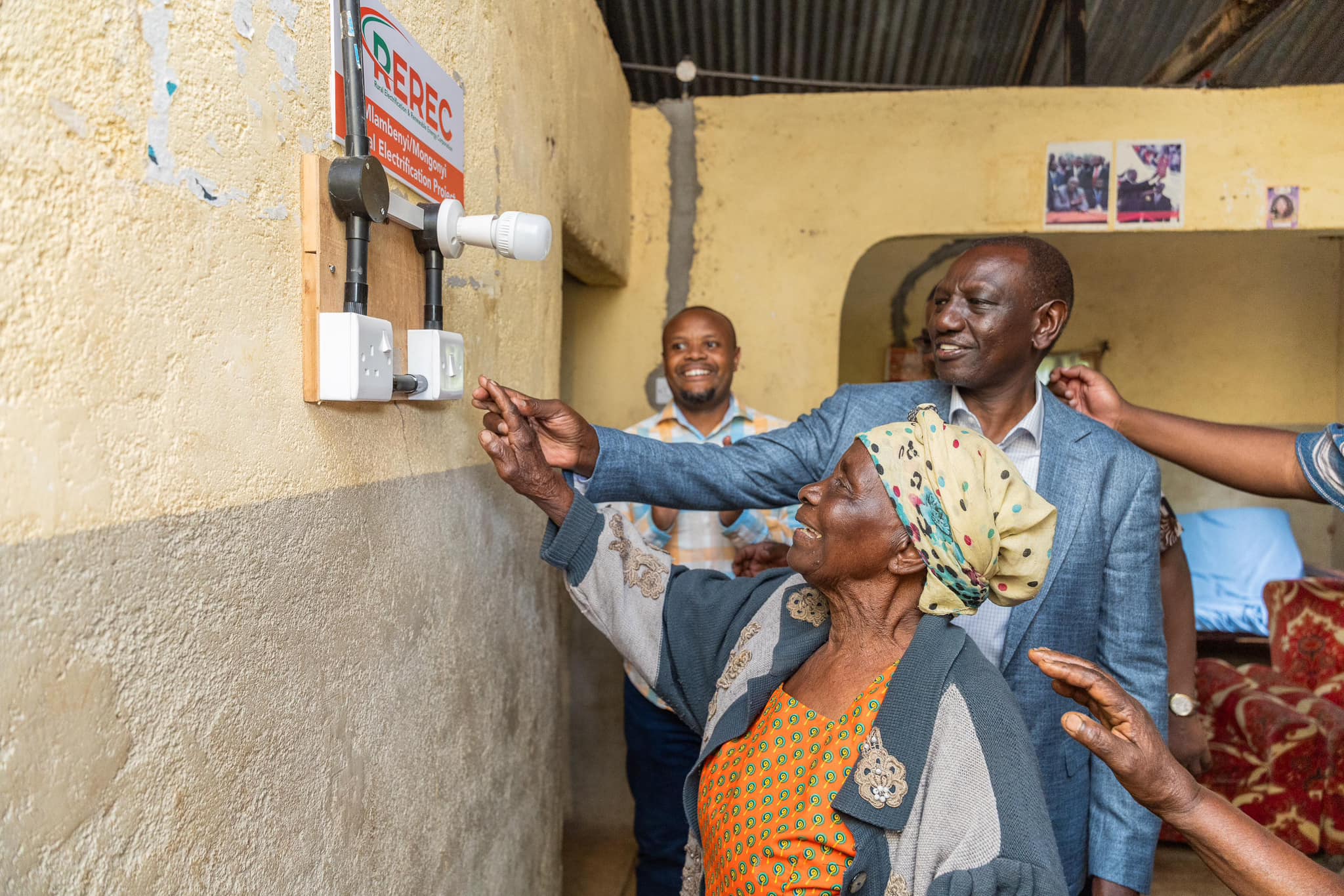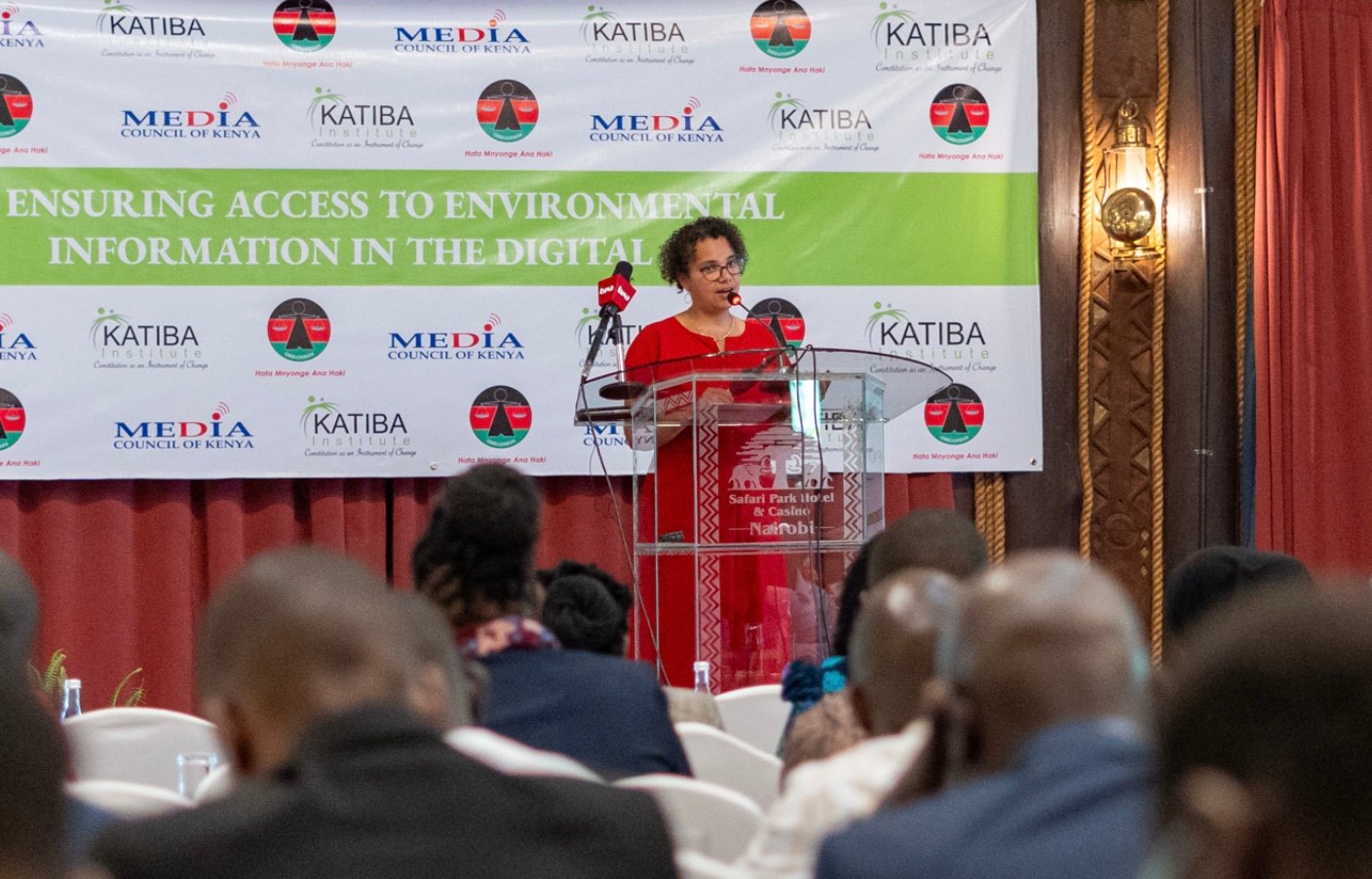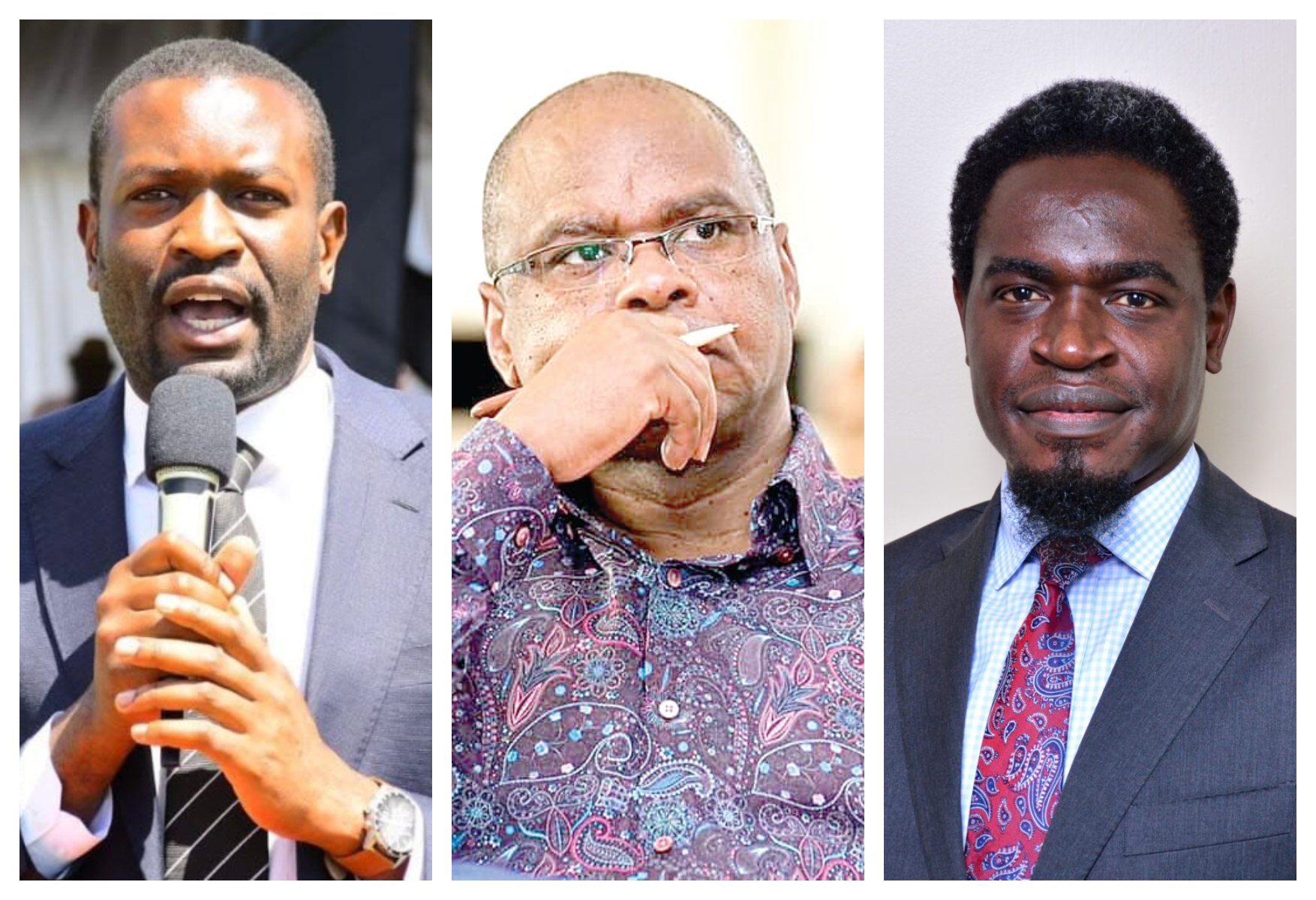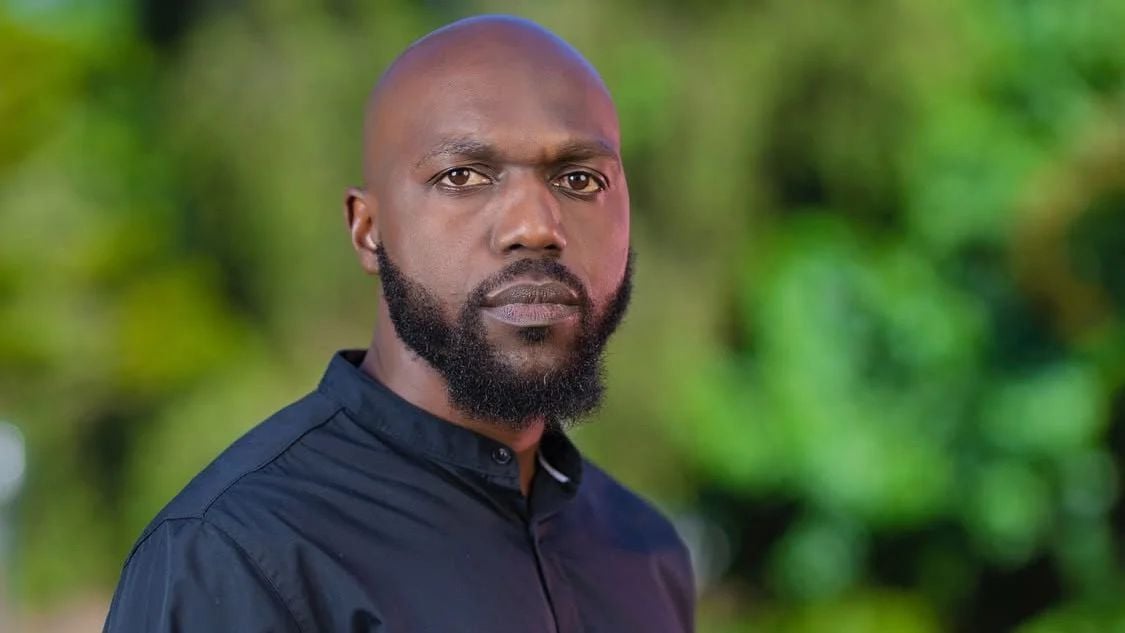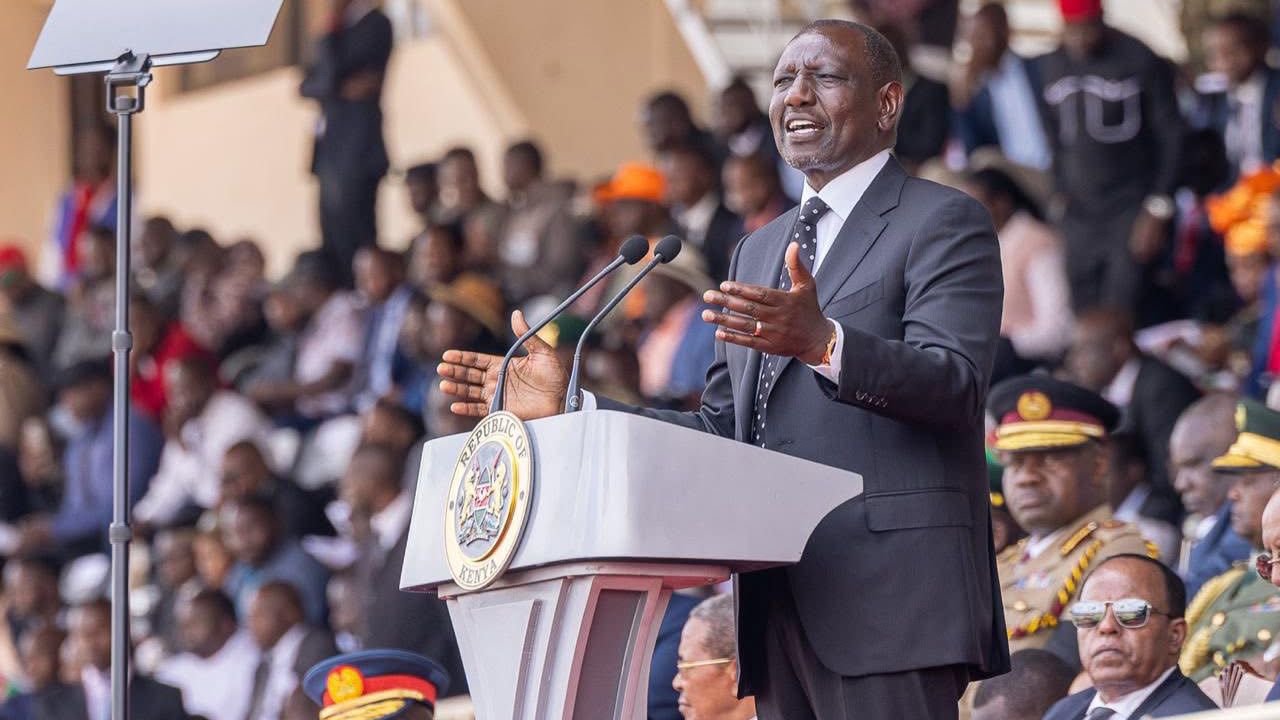Veteran Kenyan musician the late Ayub Ogada and his former band mate James Mbarack Ochieng made headlines in 2018 after their names appeared on the credit list of American rapper Kanye Omari West's album subbed 'Ye'.
Ogada was a Benga maestro boasting of hundreds of songs. However, one of his most popular jams is 'Koth Biro' a luo tune that translates to 'The rain is coming.'
The song earned Ogada local and global recognition. During the 2016 Olympics, it was played in Rio De Janeiro Brazil as legendary Kenyan athlete Kipchoge Keino received the Olympic Laurel award.
Ogada and Ochieng were listed as having contributed to 'Yikes', one of the hits that make up the 7-song album.
In the song, Kanye speaks on addiction and the consequences it poses to an individual's life.
Being listed as contributor does not mean that the duo met and worked with Kanye West. It is just acknowledging that the latter borrowed some of their work in his production.
Spin.com, an American website that covers new music, album reviews, and generally entertainment news reported that Ogada and Ochieng were given writing credits on the album, an indication that the production team sampled their work.
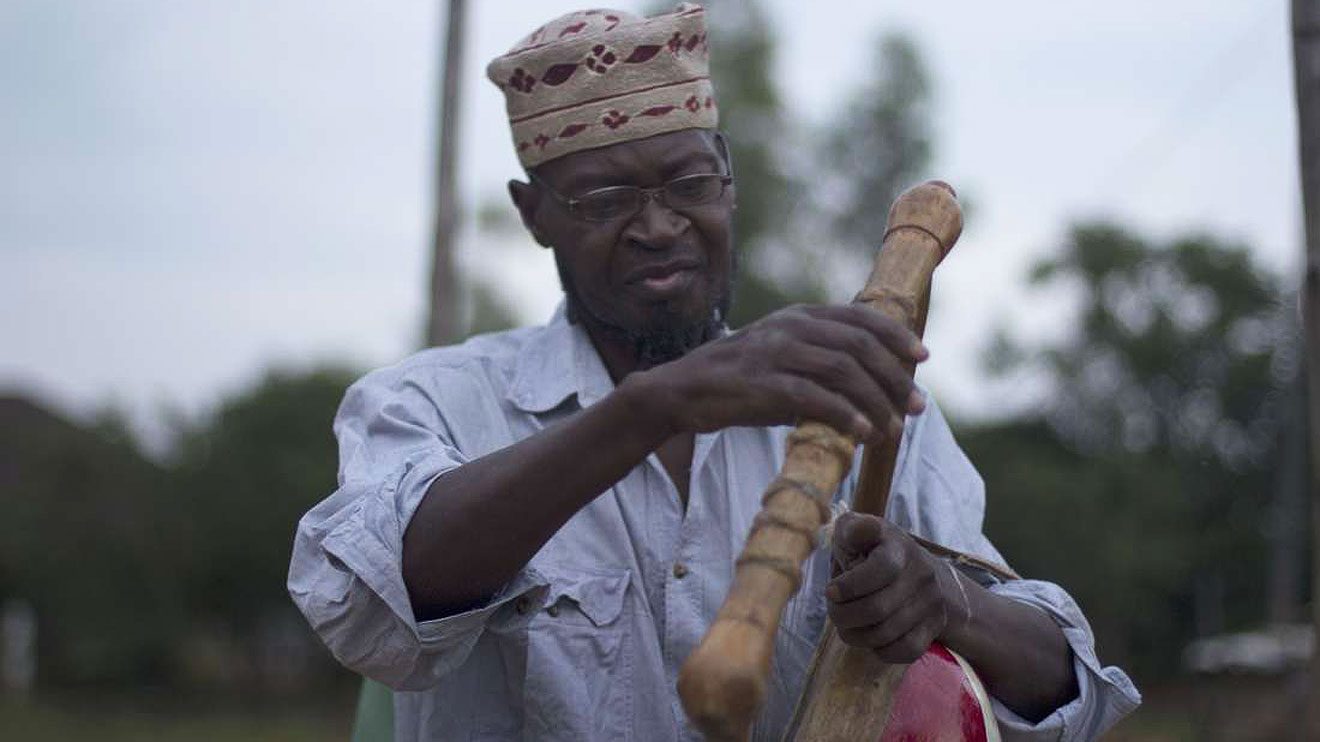
In a past interview, Ogada confirmed that he did not play a role in the creation of Kanye's 'Yikes' hit, adding that he had not spoken to Ochieng in years.
Ogada died in 2019 aged 63 years.
Music is considered an intellectual property and is protected by copyright, which guarantees the composer the right to distribute and earn revenue from their work.
The copyright often covers all aspects of the music including beats and melodies, meaning, another composer cannot use any aspect of your song without attribution as this can lead to a legal tussle.
To stay clear of copyright infringement, it is advisable for an artist sampling a song to seek consent before using it or add the original composer as part of the credit list as was done by Kanye West.

